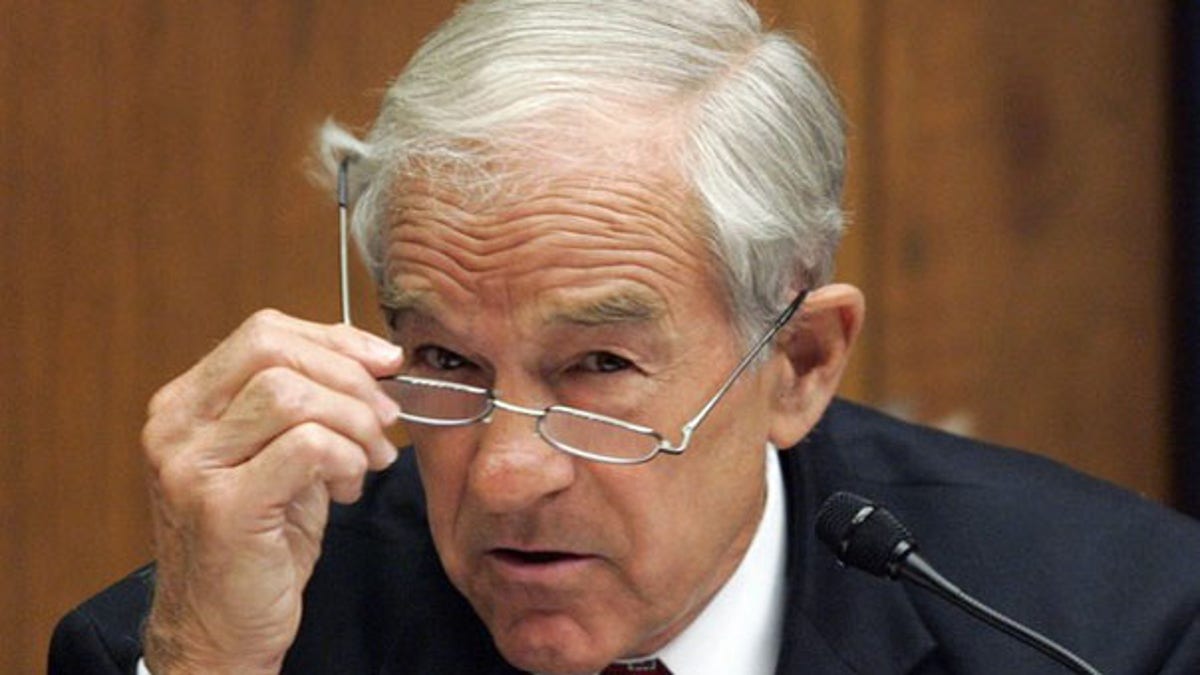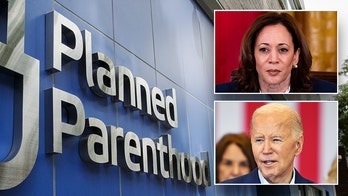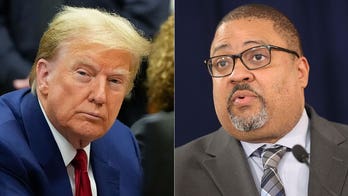
In this July 21, 2009, photo, Rep. Ron Paul questions Federal Reserve Chairman Ben Bernanke on Capitol Hill in Washington. (Reuters Photo)
Et tu, Tea Party?
The Texas congressman who rattled the Republican establishment with his libertarian-leaning outsider run for president has suddenly found himself the target of the anti-incumbent Tea Party movement some say he helped inspire.
Though Ron Paul may be the model of the grassroots-backed conservative candidate that Tea Party groups are looking for, the candidates challenging him in the Republican primary this year say the good doctor brought it on himself -- by spending too much time running for president and not enough time tending to his district, and being so prickly with congressional colleagues as to render himself obsolete.
"He's not being involved in his district," said Gerald Wall, one of three Tea Party-connected candidates running against Paul in the primary.
"He's unwilling to work with others, and people are unwilling to work with him, and so we have no voice in Congress," said candidate Tim Graney, calling Paul one of the most "ineffective" members on Capitol Hill.
Paul's son, Rand, is a Tea Party favorite in his race for Senate in Kentucky -- he was recently endorsed by Sarah Palin, who was the keynote speaker at the Tea Party Convention in Nashville earlier this month.
But Rand's dad appears to have fallen out of favor with some Tea Partiers. They say that while Ron Paul's fiscal conservative message is sound, he's a little too fond of pork-barrel projects and nowhere near tough enough on national security.
Texas Congressional District 14 is hardly the first place Tea Party-tied candidates are shaking up Republican primaries. One of the stated goals at the Nashville convention was to influence elections, and the intra-party turmoil is playing out in the Florida senatorial race and elsewhere.
But toppling Paul may send the message that nothing is sacred in the evolving movement.
"Congressman Paul is generally credited with helping to start the Tea Party movement back in 2007," said Paul's campaign manager Mark Elam, referring to a 2007 fundraiser that raked in $4.3 million timed to fall on the 234th anniversary of the Boston Tea Party. "It's very clear that that was the beginning of the Tea Party activities."
Elam said internal polling shows Paul safely above the fray in next month's primary and that he is "happy to take on all comers." And he said Paul spends plenty of time in his district.
The Texas congressman is something of a political force. He's become somewhat of a brand name among devout libertarians, and his 2008 presidential campaign supporters were among the most enthusiastic in the country. As of the end of last year, he had a 124-to-1 fundraising advantage over the most well-heeled of his challengers. Fundraising reports showed he had $1.9 million on hand, compared with the $15,508 Graney had amassed. The two other candidates, Wall and John Gay, had less than that.
"So far none of the candidates have shown a lot of traction," Elam said.
But the Paul campaign has nevertheless demonstrated that it is taking the primary challengers seriously.
Paul agreed to attend a local debate with the other Republican candidates this Saturday, a meeting sponsored by the Katy Tea Party Patriots, the group Graney was formally involved with before throwing his hat in the ring last October.
And in a campaign e-mail to supporters last month, Paul warned that his base needed to "fight back" to ensure the "anti-incumbent, anti-Washington sentiment" doesn't sweep him out of office.
"If we do not fight back, they may be successful," the e-mail said.
Graney, a small-business owner who never ran for office before, said that while Paul has established himself as a national voice on his favored issues, he's not representing his district well.
He and Wall, who helped organize a local tax day Tea Party rally last April, said the claim that Paul inspired the Tea Party movement is false.
Wall also criticized Paul for earmarking money in the budget. Paul, whose district was targeted for $72 million in earmarks in the 2010 budget according to one study, has defended the practice in the past, arguing that he earmarks money so that its use is designated -- and that he votes against all appropriations bills anyway.
But Wall doesn't buy the explanation.
"There is definitely a strong movement for a new candidate," he said.




